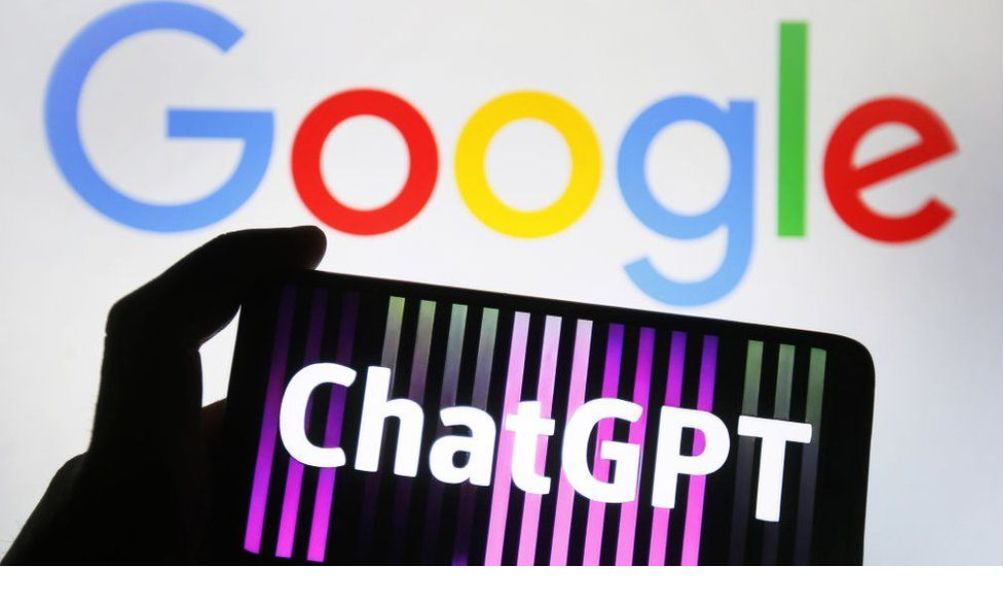Google Launches ChatGPT Competitor
Google unveiled “Bard,” a new chatbot tool, on Monday, in an apparent attempt to compete with the viral success of ChatGPT.
Sundar Pichai, CEO of Google and parent company Alphabet, announced in a blog post that Bard will be available to “trusted testers” beginning Monday, with plans to make it public “in the coming weeks.”
Bard, like ChatGPT, which was publicly released in late November by AI research firm OpenAI, is based on a large language model.
These models are trained on massive amounts of data collected online to produce compelling responses to user prompts.
“Bard aspires to combine the breadth of the world’s knowledge with the power, intelligence, and creativity of our large language models,” wrote Pichai. “It uses web information to provide fresh, high-quality responses.”
ALSO READ: ChatGPT Aces Law and Business School Exams
The announcement comes as Google’s core product, online search, is widely regarded as facing its most serious threat in years.
ChatGPT has been used to generate essays, stories, and song lyrics, as well as to answer questions that were previously searched for on Google, in the two months since it was made public.
The overwhelming interest in ChatGPT has prompted Google’s management to declare a “code red” situation for its search business.
In a tweet last year, Paul Buchheit, one of Gmail’s creators, warned that Google “may be only a year or two away from total disruption” due to AI’s rise.
Microsoft, which has confirmed plans to invest billions in OpenAI, has already stated that it will incorporate the tool into some of its products, including its search engine, Bing.
Office will hold a news event at its Washington headquarters on Tuesday, the topic of which has yet to be announced. Microsoft made the event public shortly after Google’s AI announcement.
The underlying technology that powers Bard has been around for a while, but it is not widely available to the general public.
Google unveiled its Language Model for Dialogue Applications (or LaMDA) technology two years ago and announced Monday that it will power Bard.
Late last year, a former Google engineer claimed that the chatbot was “sentient.” In the AI community, his claims were widely criticized.
Google used the example of a user asking Bard to explain discoveries made by NASA’s James Webb Space Telescope in a way that a 9-year-old might find interesting in the post on Monday.
Bard responds with bullet-pointed conversational responses. “In 2023, The JWST discovered several galaxies nicknamed ‘green peas.'” They were given this name because they resemble peas in size, shape, and color.”
ALSO READ: River Riddle Search: Emergency Response and Puzzling Dive Leader
According to the Google post, Bard can be used to plan a friend’s baby shower, compare two Oscar-nominated movies, or get lunch ideas based on what’s in your fridge.
Pichai also stated on Monday that AI-powered tools will be available soon on Google’s flagship Search tool.
“Soon, you’ll see AI-powered features in Search that distill complex information and multiple perspectives into easy-to-digest formats, so you can quickly understand the big picture and learn more from the web,” Pichai wrote.
If Google does move closer to incorporating an AI chatbot tool into search, there may be some risks.
Experts have noted that because these tools are trained on data from the internet, they have the potential to perpetuate biases and spread misinformation.
“It’s critical,” wrote Pichai in his post, “that we bring experiences rooted in these models to the world boldly and responsibly.”
